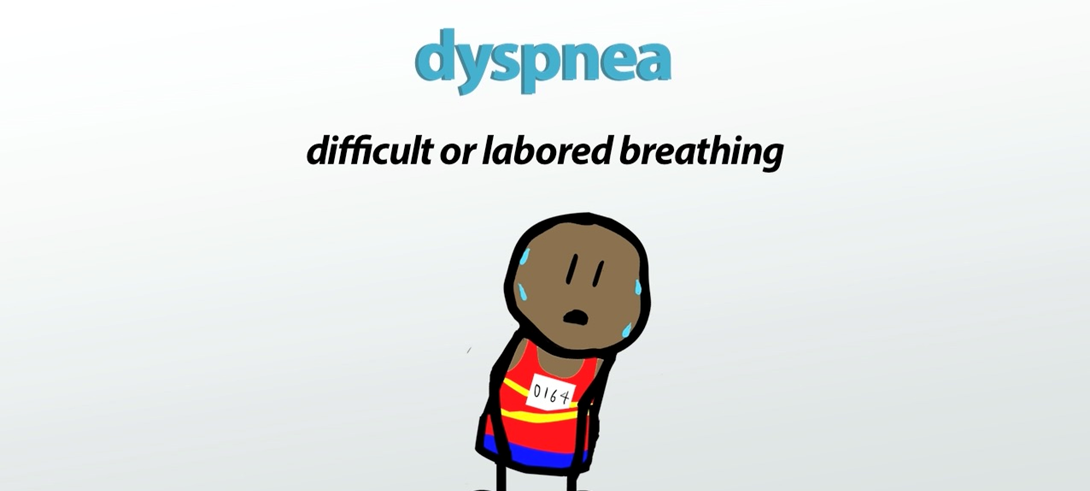A man is terminally ill with end-stage prostate cancer. Which statement best describes the nurse’s role regarding this man’s wellness?
Educating the client that wellness is dependent upon the absence of disease.
Providing the client with aggressive medical interventions.
It is not a real option for this client because he is terminally ill.
Providing nursing interventions that can help empower the client to achieve his highest level of wellness.
The Correct Answer is D
Choice A reason: This statement is incorrect because wellness is not only dependent on the absence of disease, but also on the physical, mental, emotional, social, and spiritual aspects of health. The nurse should educate the client on how to cope with his condition and enhance his quality of life, not focus on the negative aspects of his disease.
Choice B reason: This statement is incorrect because aggressive medical interventions may not be appropriate or beneficial for a terminally ill client. The nurse should respect the client's wishes and preferences regarding his care, and provide comfort and palliative measures, not cause unnecessary pain or suffering.
Choice C reason: This statement is incorrect because wellness is still a real option for a terminally ill client. The nurse should not assume that the client has given up on his health or happiness, but rather support him in finding meaning and purpose in his life, and achieving his goals and values.
Choice D reason: This statement is correct because it reflects the nurse's role in promoting wellness for a terminally ill client. The nurse should provide nursing interventions that can help the client maintain his dignity, autonomy, and sense of control, as well as address his physical, emotional, social, and spiritual needs. The nurse should also empower the client to make informed decisions about his care, and facilitate his communication with his family and health care team.
Nursing Test Bank
Naxlex Comprehensive Predictor Exams
Related Questions
Correct Answer is D
Explanation
Choice A reason: Altering modifiable risk factors is a good goal for anyone who wants to improve their health and wellness, but it is not specific to the case of the African American man who already has a normal blood pressure and no apparent health problems. Modifiable risk factors are those that can be changed by lifestyle choices, such as smoking, diet, exercise, stress, or alcohol consumption.
Choice B reason: Maintaining tight glycemic control is a relevant goal for people who have diabetes or prediabetes, as it can help prevent or delay the complications of high blood sugar, such as nerve damage, kidney damage, or eye damage. However, there is no indication that the African American man has diabetes or prediabetes, so this goal is not applicable to him.
Choice C reason: Recognizing disease in its early stages is a general goal for everyone who wants to prevent or treat health problems, but it is not specific to the case of the African American man who has no signs or symptoms of any disease. Moreover, this goal is more reactive than proactive, as it implies waiting for disease to occur rather than preventing it.
Choice D reason: Preventing cardiovascular disease is the best goal for the nurse to use to assist the African American man in maintaining his health and wellness into older age, as it is specific, proactive, and evidence-based. According to the American Heart Association, high blood pressure is a major risk factor for cardiovascular disease, and it is more prevalent and severe among African Americans than other racial groups. Therefore, the nurse would advise the African American man to monitor his blood pressure regularly, follow a healthy diet, exercise moderately, avoid smoking, and take medication if needed to prevent cardiovascular disease.
Correct Answer is ["B","C","D","E"]
Explanation
Choice A reason: Determining coughing frequency is not a reliable way to assess whether the client has adhered to prescribed therapy, as coughing can have various causes and may not be related to heart failure or its treatment.
Choice B reason: Checking for peripheral edema is a useful way to assess whether the client has adhered to prescribed therapy, as peripheral edema is a common sign of fluid retention and worsening heart failure. If the client has been taking diuretics as prescribed, the edema should be reduced or absent.
Choice C reason: Auscultating the lungs bilaterally is a helpful way to assess whether the client has adhered to prescribed therapy, as lung sounds can indicate the presence or absence of pulmonary congestion and crackles, which are signs of fluid overload and worsening heart failure. If the client has been taking medications to improve cardiac function and reduce fluid volume as prescribed, the lungs should be clear or improved.
Choice D reason: Assessing diet over the last 48 hours is a relevant way to assess whether the client has adhered to prescribed therapy, as diet can affect fluid and sodium intake and retention, which can worsen heart failure. If the client has been following a low-sodium and fluid-restricted diet as prescribed, the risk of fluid overload and dyspnea should be lower.
Choice E reason: Comparing current weight to baseline is an important way to assess whether the client has adhered to prescribed therapy, as weight can reflect fluid status and changes in heart failure condition. If the client has been taking medications and following dietary recommendations as prescribed, the weight should be stable or decreased.

Whether you are a student looking to ace your exams or a practicing nurse seeking to enhance your expertise , our nursing education contents will empower you with the confidence and competence to make a difference in the lives of patients and become a respected leader in the healthcare field.
Visit Naxlex, invest in your future and unlock endless possibilities with our unparalleled nursing education contents today
Report Wrong Answer on the Current Question
Do you disagree with the answer? If yes, what is your expected answer? Explain.
Kindly be descriptive with the issue you are facing.
